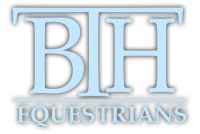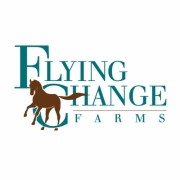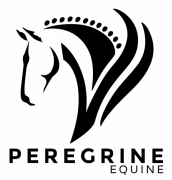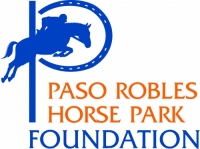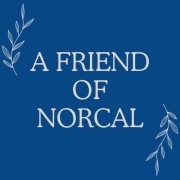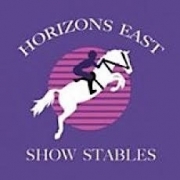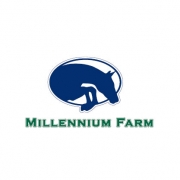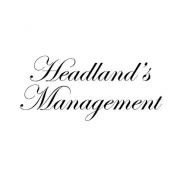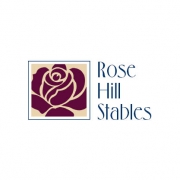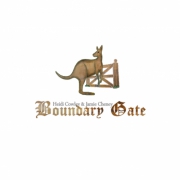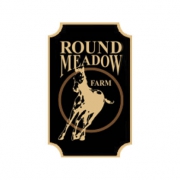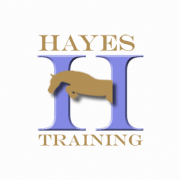I am the parent of an active and competitive junior exhibitor in Northern California's A/AA circuit, and I have been a dutiful "Pony/Horse Parent" for the past 6-7 years. As a parent of an exhibitor, I believe I would bring a unique perspective to the current NorCal Board.
Outside of horses and shows, I have accumulated a variety of skills that would also prove useful to the Board team. I am particularly analytical by nature, and am a Harvard-trained lawyer who also holds an Engineering degree. I have pursued a variety of professions, ranging from the practice of law to strategy consulting with McKinsey & Co., to Marketing and Change Management at PayPal.
I am currently employed with MUFG (the largest bank you've never heard of!) as a Managing Director and the Head of Solutions Enablement for Transaction Banking business across the Americas, where we are currently in our 4th consecutive year of growing twice as fast as our industry peers. In my professional roles, I have regularly been in positions where I identify and analyze opportunities, and then lead change efforts through to implementation. I have managed teams large and small, but often work in an influence model at the most senior levels of an organization, where persuasion and softer skills become increasingly important factors in leading successful change efforts.
What would you like to contribute as a NorCal board member?
I'm currently interested in identifying a non-profit outlet where I can be engaged more with the Bay Area community, and the NorCal Hunter Jumper Association could not be more well-suited to my interests and skills.
As a new member of the Board, I would be open to working on any committee(s) that most need assistance, but I think that I could be particularly useful in the following capacities:
1) Identifying ways to create/build a charitable arm/Foundation that would enable the organization to open up access to the sport for worthy individuals and/or to deal with devastating crises like this past year's wildlfires. The response of the horse community throughout Northern California this year was incredibly encouraging, but it lacked the kind of infrastructure, process, and planning that this organization could provide for the future, and the time is now for us to prepare for the future.
2) A re-writing of the organization's Rules and By-Laws, to clean up various inconsistencies that have accumulated over the years, and add transparency and clarity for the membership.
3) Leading a review of NorCal's Year End Award point policies, and some of the various unintended consequences that exist therein. As the analytical father of a child who shows often and regularly competes for Year End recognitions, there are a number of well-intentioned scoring policies that NorCal uses which vary from the USEF and PCHA in ways that have the potential for creating unusual results.
4) Participating as an objective thought-leader (and as a voice for exhibitors when appropriate), in looking for solutions to the conflicts that arose this year over the future of NorCal Finals and where they will be hosted. It would be difficult to overstate the impact of the discord that arose out of this year's bidding process, and exploring methods to reach an amicable accord are surely at the top of everyone's agenda. As a more neutral party, without financial interest in the industry, and with training that is suited to this task, I believe I could be a helpful arbiter in the dialogue and evaluating whether an amicable solution can be reached.
How do you think NorCal can best fulfill the needs of its membership?
This sport is undeniably expensive, but we also live in an area that is blessed to have people who can afford to do this sport at every conceivable level...and when exhibitors are happy and getting value, they open their wallets and train/show...and that is ultimately the source of income for every hunter-jumper horse professional in the region. Sadly, however, that voice of the exhibitor is not one that is easy to "get into the room"...sometimes because the community is still "small" and exhibitors fear reprisal...sometimes because industry professionals always naturally tend to congregate in the leadership of their organizing bodies, and tend to become insular when thinking about how best to grow...but getting that voice of the exhibitor back into the dialogue is precisely what will not only keep the current membership coming back for more, but also the thing that will help that membership to grow!
